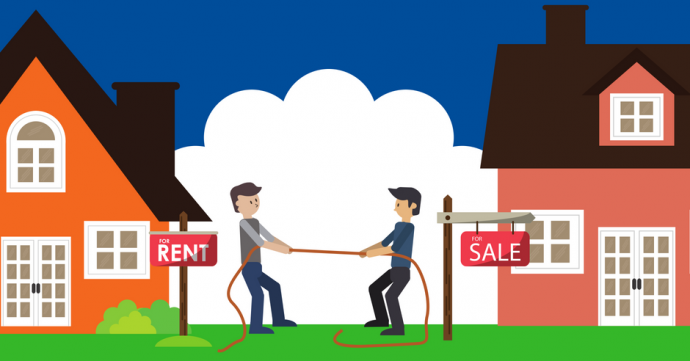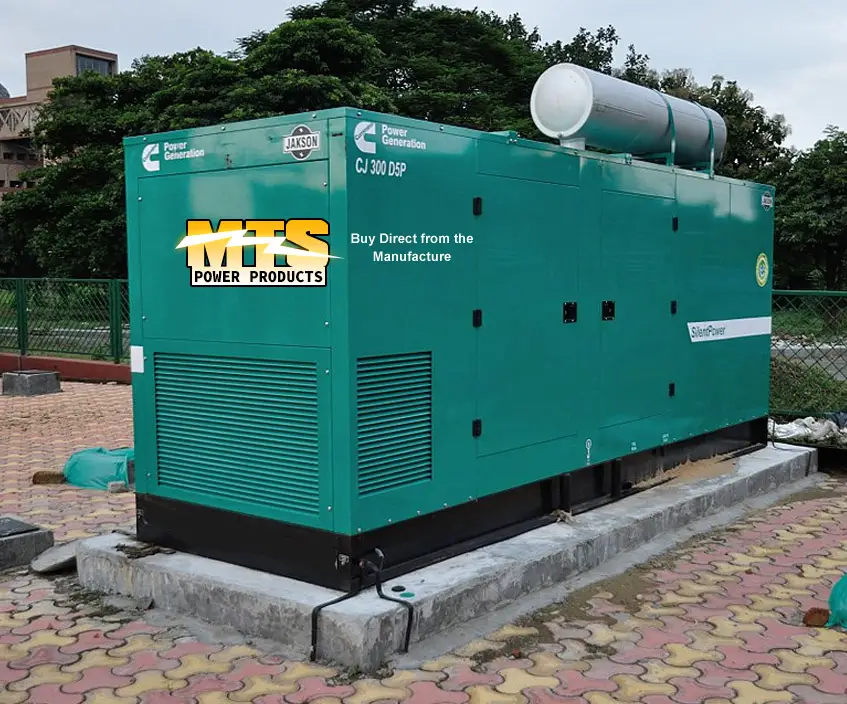The cost of Wiring in Nigeria: A Guide to Materials and Labor Charges

Electrical wiring is one of the most essential elements in any building project, whether residential, commercial, or industrial. It plays a critical role in ensuring the safety and functionality of your property. However, wiring can be a significant expense, and many Nigerians often find themselves struggling to budget for this aspect of construction. This detailed guide will help you navigate the costs associated with electrical wiring in Nigeria, covering everything from material expenses to labor charges, and even cost-saving tips.
Factors Influencing Wiring Costs in Nigeria
The cost of wiring a building depends on several key factors. Understanding these will help you estimate your total expenditure more accurately:
- Building Size
The size of the building significantly affects wiring costs. A larger building requires more materials (cables, sockets, and switches) and more labor hours. For example, wiring a one-bedroom flat costs much less than wiring a five-bedroom duplex.
- Wiring System Type
Different wiring systems come with varying costs:
Surface Wiring: The cables are mounted on the wall surface and covered with plastic or metal casings. It’s cheaper but less aesthetic.
Conduit Wiring: This involves embedding PVC or metal pipes inside walls to conceal cables. It’s more expensive but offers better aesthetics and safety.
- Material Quality
The quality of materials such as cables, switches, sockets, and circuit breakers directly impacts the total cost. Premium materials last longer but are costlier upfront.
- Labor Charges
The cost of hiring electricians depends on their skill level, experience, and location. Urban areas like Lagos and Abuja generally have higher labor costs compared to rural areas.
- Building Location
Material and labor prices vary depending on the location of your project. Wiring a house in Lagos is likely to be more expensive than doing the same in a smaller city like Ilorin or Uyo.
- Complexity of Design
Buildings with complex electrical systems, such as advanced lighting setups, smart home integrations, or multiple phases, will incur higher costs.
- Additional Features
Incorporating extras like backup generators, inverters, solar panels, or advanced security systems increases the overall wiring expense.
Common Materials for Electrical Wiring in Nigeria
Below is a breakdown of the most common materials used for wiring projects in Nigeria and their current market prices (as of December 2024):
Cables
Cables are the backbone of any wiring project. Their type and size depend on the building’s electrical load.
1.5mm² Single Core Cable: Used for lighting circuits; costs range from ₦15,000 to ₦20,000 for a 100m roll.
2.5mm² Single Core Cable: Suitable for sockets and low-power appliances; costs ₦20,000 to ₦25,000 for a 100m roll.
4mm² Single Core Cable: Used for high-power appliances like air conditioners; costs ₦30,000 to ₦40,000 for a 100m roll.
Armored Cable: Necessary for underground or outdoor installations; costs ₦1,500 to ₦3,000 per meter.
Conduits and Accessories
Conduits protect electrical cables and are essential for conduit wiring systems.
PVC Conduits (20mm): Cost between ₦300 and ₦500 per length.
PVC Conduits (25mm): Cost between ₦500 and ₦700 per length.
Conduit Accessories (U-Box, Y-Box, etc.): Range from ₦200 to ₦400 per piece.
Switches and Sockets
These components control and distribute electricity within the building.
Standard Switches: Cost between ₦500 and ₦1,000 per unit.
Double Socket Outlets: Range from ₦1,500 to ₦2,500 per unit.
USB-Integrated Sockets: Cost between ₦3,000 and ₦5,000 per unit.
Distribution Boards
Distribution boards house circuit breakers and manage electrical distribution.
4-Way Distribution Board: Costs between ₦5,000 and ₦8,000.
8-Way Distribution Board: Costs between ₦10,000 and ₦15,000.
Circuit Breakers: Cost between ₦1,500 and ₦3,000 per unit.
Earthing Materials
Proper earthing is essential for safety, protecting against electrical shocks and surges.
Earth Rod: Costs ₦2,000 to ₦3,500.
Earth Wire (16mm²): Costs between ₦20,000 and ₦25,000 for a 100m roll.

Labor Charges for Electrical Wiring
Labor costs can range significantly depending on the electrician’s experience and the project’s complexity.
Simple Projects: For basic surface wiring in a small apartment, electricians may charge between ₦80,000 and ₦150,000.
Complex Projects: For conduit wiring in a duplex or commercial property, expect to pay anywhere from ₦300,000 to ₦600,000.
Payment Methods
Electricians in Nigeria may charge:
- Per Point: Between ₦2,000 and ₦5,000 per light or socket point.
- Per Day: Between ₦10,000 and ₦20,000 per day for skilled electricians.
- Lump Sum: A fixed price for the entire project.
Wiring Cost Estimates for Different Building Types
The total cost of wiring varies based on building size and type:
Wiring a 1-bedroom apartment costs between ₦200,000 and ₦400,000.
Wiring a 3-bedroom bungalow costs between ₦400,000 and ₦700,000.
Wiring a 5-bedroom duplex costs between ₦800,000 and ₦1,500,000.
Wiring a commercial building starts from ₦1,500,000 and can go higher depending on complexity.
Additional Costs to Consider
- Generator or Inverter Setup: Installing a generator or inverter adds ₦100,000 to ₦300,000 to your total costs.
- Solar Power Integration: Solar panel installation can cost ₦1,000,000 or more, depending on capacity.
- Smart Home Features: Automated systems for lighting, security, and appliances may cost an extra ₦500,000 or more.
Tips for Reducing Wiring Costs
- Plan Ahead: Have a clear electrical layout to avoid mid-project changes.
- Buy Materials Yourself: Contractors may add a markup if they supply materials.
- Compare Quotes: Get multiple quotes from electricians to find the best price-to-quality ratio.
- Opt for Standard Designs: Avoid overly complex wiring setups unless absolutely necessary.
Conclusion
Wiring a house in Nigeria requires careful planning, budgeting, and hiring the right professionals. By understanding the costs of materials and labor, you can ensure a smooth wiring project that balances quality and affordability. Whether you’re building a small apartment or a large commercial property, this guide provides a comprehensive roadmap to help you make informed decisions.
If you have further questions or need more detailed estimates, feel free to drop a comment. Don’t forget to check out more price guides and tutorials on The Price for all your construction and budgeting needs!


Leave a Comment